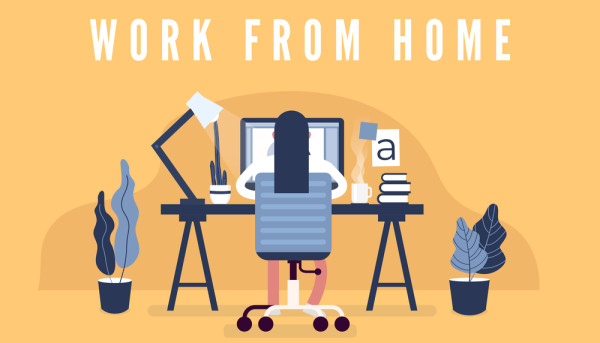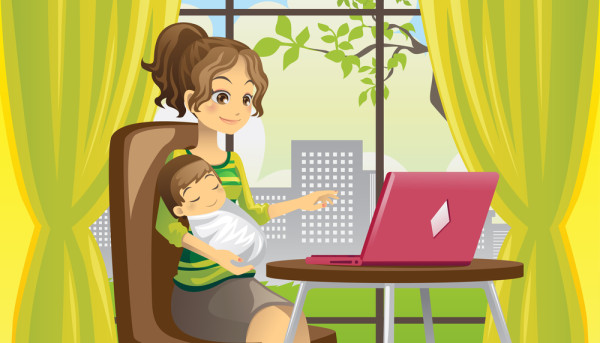How to Certify Your Kitchen For Selling
How to Certify Your Kitchen For Selling

If you are planning to sell food, you will need to follow certain regulations. The first step in certifying your kitchen for selling is to obtain a permit. Once you obtain a permit, you will need to follow the guidelines set forth by the health inspector. You will need to submit a copy of your permit and certification to the health department. It is also possible that you'll be required to complete a food-handlers course.
Commercial kitchen design guidelines
There are several requirements for food preparation and storage areas. These areas must be separated, and any materials used for preparing food must be non-absorbent and easily cleaned. The kitchen also must have separate sinks for dishes, mops, and hand washing. It should also have stainless steel or equivalent materials, and its prep tables should be easy to clean.
In order to be eligible for certification, your kitchen must meet certain standards. These standards are set by local health departments and are aimed at ensuring that the food that is produced there is safe for consumption. However, you may choose to use your own home cooking equipment, if it meets the requirements for food safety.
If you're planning to sell your food directly to consumers, you need to register your commercial kitchen. You can find information about the registration process from the FDA. You'll also need to obtain an Employer Identification Number (EIN). This is a nine-digit number that is required for filing taxes, opening a bank account, applying for a business credit card, and obtaining a business loan. The International Revenue Service website can help you obtain your EIN.
Aside from licensing requirements, a commercial kitchen must comply with all health codes and local food regulations. Before being certified, it's important to check zoning and code requirements for the area. The health department must also review the plans and equipment that you have. The North Carolina Department of Agriculture and Consumer Services (NCDACS) recommends checking zoning and building codes to ensure that you meet all of these requirements.
The health department will need to inspect your commercial kitchen if you plan to serve potentially hazardous food. If you intend to sell food to the public, you'll also need to obtain a license to sell it at retail. The Health Department can also help you get a permit for selling wholesale.
Getting a catering license
The first step toward starting your own catering business is obtaining the necessary business licenses and permits. If you don't have these already, you can easily get them online. The fees vary based on the state and city, but they can range from $50 to several hundred dollars. In addition, you'll also need to obtain an EIN, or Employer Identification Number, from the Internal Revenue Service. This number is used to pay taxes, open business bank accounts, and apply for permits.
Some states, such as New York, allow small home-based food businesses to operate without a catering license. However, if you have more than one employee, you will need to obtain workers' compensation insurance. This type of insurance will cover the medical expenses of employees injured while on the job. Another type of business insurance is liquor liability insurance, which covers injuries caused by intoxicated customers. In addition, many states also require commercial property insurance for buildings and equipment.
Some states require the food vendor to have a commissary or commercial kitchen. If you plan to sell food to the public, you must also have a seller's permit. This permit will allow you to buy goods in bulk at wholesale prices. This way, you can avoid paying sales tax on your purchases, and only collect it when you sell it to customers. You can find out more about this permit from your state government's website.
When preparing your application, make sure you provide all the necessary documents. For example, your food license and food purchase records must be submitted with your application. If your facility is new, a separate inspection may be necessary. If you're planning on using the facility outside of Philadelphia, you should also provide a copy of your food license and recent inspection report. Once approved, your operation will receive an operation eligibility certificate issued by the Office of Food Protection.
Getting a food handler's permit
If you're thinking about selling food from your home, you may need to obtain a food handler's permit. You can do this online, by using your local government's website or by contacting the department of health in your area. Once you have your permit, you'll need to follow specific rules for selling food from your kitchen. You'll also need to purchase extra equipment such as separate counters and a three-compartment sink.
If you're thinking about selling food from your kitchen, you need to make sure that all employees are certified food handlers. Some municipalities even require employees to have a food handler's permit. While it might seem complicated to obtain this license, it's actually quite simple. After you take a course, you'll need to take a certification exam to prove that you're capable of handling food safely. It's important to remember that this certification is multi-sectoral, which means that it applies to all sectors.
You can get a food handler's permit for your kitchen by following the instructions on the state's website. Once you have passed the exam, you'll be given a certificate that serves as proof of your qualification. This certificate is valid for two to three years.
In most states, food handlers must obtain a food handler's permit in order to sell food. These permits cost as little as $50 and last for five years. It is mandatory for food handlers to display their certification in a public place.
Food handler laws vary by state and county, but you must obtain a food handler's permit before opening your kitchen. Most states require the presence of a certified food handler on site, but some states are more strict than others. For example, in California, you need at least one certified food handler in a restaurant that sells food.
To obtain a food handler's permit, you must take an accredited food handler course and pass a state exam. There are online and on-site programs available to help you prepare for the exam. You can complete the course within a few hours. The American National Standards Institute (ANSI) offers a list of more than 25 organizations offering these courses. These programs help you learn about international food safety guidelines.
Getting a business license
If you're interested in starting a business selling food, a business license is essential to operating your new venture. In addition to having a valid license for your kitchen, you must also be registered with the Food and Drug Administration (FDA). The FDA provides detailed information about the registration process. You will also need an Employer Identification Number (EIN), which is a nine-digit number you'll use when filing taxes, opening a bank account, applying for a business credit card, and taking out a business loan. This number can be obtained from the International Revenue Service website. Once you've registered your business, you'll want to apply for your EIN.
A business license will also ensure that your business complies with local laws regarding food handling. Depending on the laws of your jurisdiction, you may need to obtain a food handler's permit or a general business license before you begin selling food online. Moreover, all food you sell online must pass a health inspection before being sold.
You may also need to obtain other documents, depending on your location and the type of business you run. For example, if you sell to foreigners, you will need a VAT tax license to collect taxes on sales. Also, if you're selling food, you'll need to apply for a health department permit, which outlines the food-handling practices you'll be following.
To get a business license, you need to register your business with your city or state government. You can do this by searching for "business license" plus your state's name. You can also check out the US Small Business Administration's website for additional information. It can cost up to $50 to register, depending on the type of business and location. It's also essential to keep in mind that you'll need to renew your license periodically.
Obtaining a business license is important if you want to start a business selling food in New York. There is no single business license that's universally applicable, so you'll need to research which licenses you need for your specific business. Some businesses may even need a sales tax certificate. If you don't get a business license, you may find yourself facing penalties.










